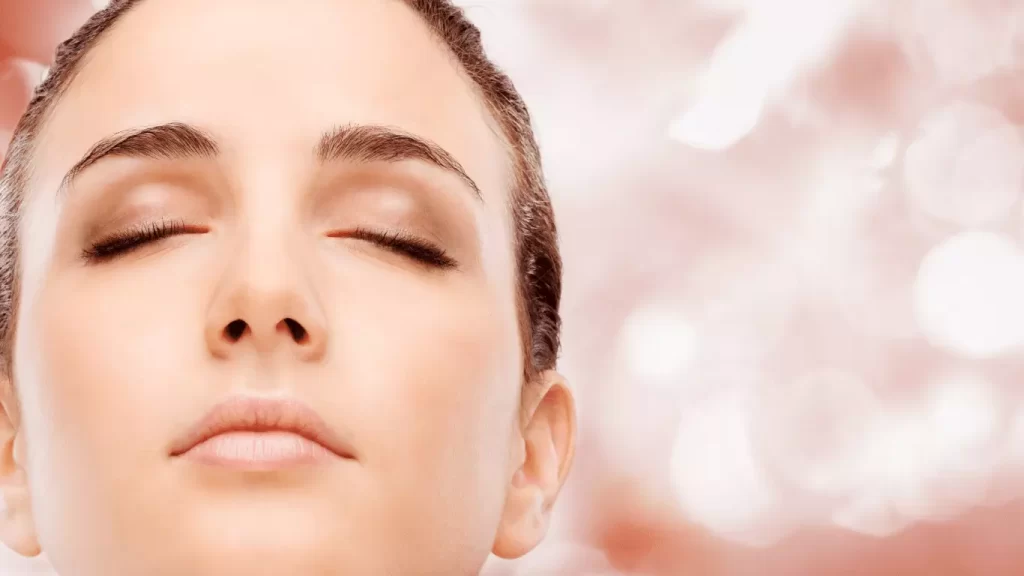Your skin is one of your most important assets. The tone and texture of your skin can impact how you feel about yourself, as well as how others perceive you. If you have acne, blemishes, dullness, redness, or pimples, it may be hard to feel confident in your appearance. Fortunately, there are plenty of things you can do to improve the health and appearance of your skin. We’ve compiled a list of our favorite tips for glowing skin here.
Cleanse your skin
One of the easiest ways to improve your skin is to cleanse it thoroughly. Good hygiene is a key aspect of healthy skin, and you must have a basic understanding of how it can affect your appearance.
When you cleanse your skin, you remove the debris from the day—including dirt, oil, and makeup. This helps your pores to shrink, which will help your skin to produce less oil.
In addition, the natural exfoliation from a cleansing product can help remove dead cells from your skin, which improves the texture of your skin and may help reduce blemishes.
There are a variety of cleansing products on the market, but a bar of simple dish soap and water will suffice as well. Make sure to avoid soaps with harsh chemicals, as they can irritate your skin and make acne worse.
Finally, if you have acne, make sure to remove makeup before cleansing. This will help you avoid clogging pores with makeup or other debris. Remember that it’s important to make sure all your products are non-comedogenic (meaning they won’t clog pores) if you suffer from acne-prone skin.
Treat acne and blemishes
Acne is a common skin condition that is exacerbated by hormonal changes. It can make you feel self-conscious and create emotional stress. If you’re looking to clear away acne and blemishes, try these tips:
- Stay hydrated. Drink water to flush out your system.
- Eat food rich in vitamin C like oranges, strawberries, kiwi, grapefruit, etc.
- Use a gentle exfoliator to remove dead skin cells that clog pores.
- Apply a mask at least two times a week to help reduce acne.
- Use an antibiotic like benzoyl peroxide to help fight bacteria.
- Apply a lotion containing alpha-hydroxy acids which helps exfoliate the skin.
- Avoid tight clothing, which may increase irritation.
- Apply ice or aloe vera to the affected area to reduce inflammation.
Moisturize your skin
Experts agree: moisturizing is an essential step for glowing skin. Your skin needs moisture to stay healthy and to appear youthful. Make sure you are not using harsh, drying soap on your skin. Be sure to use a gentle cleanser, avoid the use of hot water, and make sure you aren’t using harsh drying soap on your skin.
Moisturize your skin by cleansing it with a gentle cleanser, avoiding the use of hot water, and not using harsh drying soap on your skin. You can do this by applying a gentle moisturizer to your face, neck, and chest at least twice a day or more if needed.
Drink plenty of water
Drinking enough water is essential for good health, and it can also keep your skin looking healthy and glowing. Hydration is key to maintaining a healthy balance of oil and water in your skin and preventing acne breakouts. Plus, drinking water helps flush toxins from your body and can promote better skin elasticity.
Drinking water also keeps your skin looking plump and radiant, which is an important factor when it comes to how your skin looks when you’re in front of the camera. Make sure you’re drinking enough water every day.
- A few other benefits of drinking water:
- It keeps your eyes bright and less puffy
- It helps keep your breath fresh
- It can help you shed pounds
Eat healthy foods
Eating healthy foods is a big part of glowing skin. Fresh vegetables and fruits can help combat inflammation, which can lead to acne. Additionally, a healthy diet will provide the essential vitamins and nutrients your body needs to function properly.
Here are a few of our favorite foods for glowing skin:
- Spinach
- Cucumber
- Coconut
- Avocado
- Bananas
- Almonds
- Salmon
- Eggs
- Orange juice
- Almonds
- Grapefruit
Get enough sleep
Sleep is one of the easiest ways to improve skin health. It’s important to get enough sleep so that your skin can regenerate. Try to get at least 7.5 hours of sleep each night to help brighten the quality of your skin.
There are plenty of benefits to getting enough sleep, but not getting enough sleep can affect your complexion. When you don’t get the sleep you need, your skin doesn’t have an opportunity to rest and repair itself, which can lead to acne breakouts, dullness, redness, and more.
There are plenty of reasons why you may not be getting enough sleep, including stress, anxiety, or even a lack of motivation. Whatever the reason may be, you need to make sure you’re getting enough sleep. Your skin will thank you!
